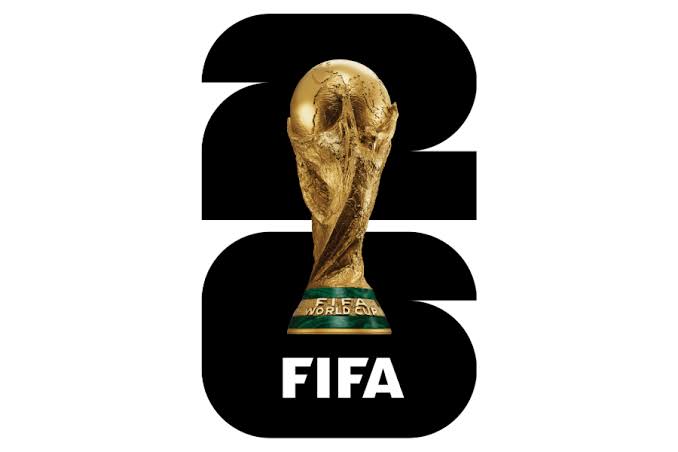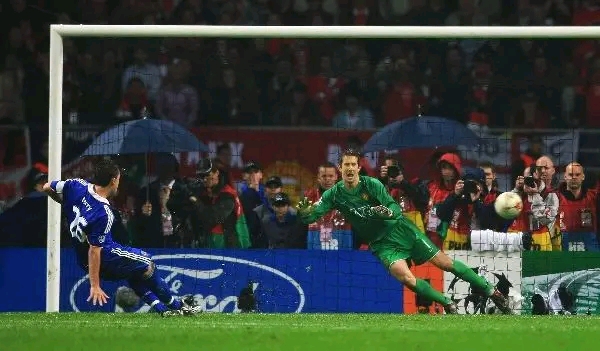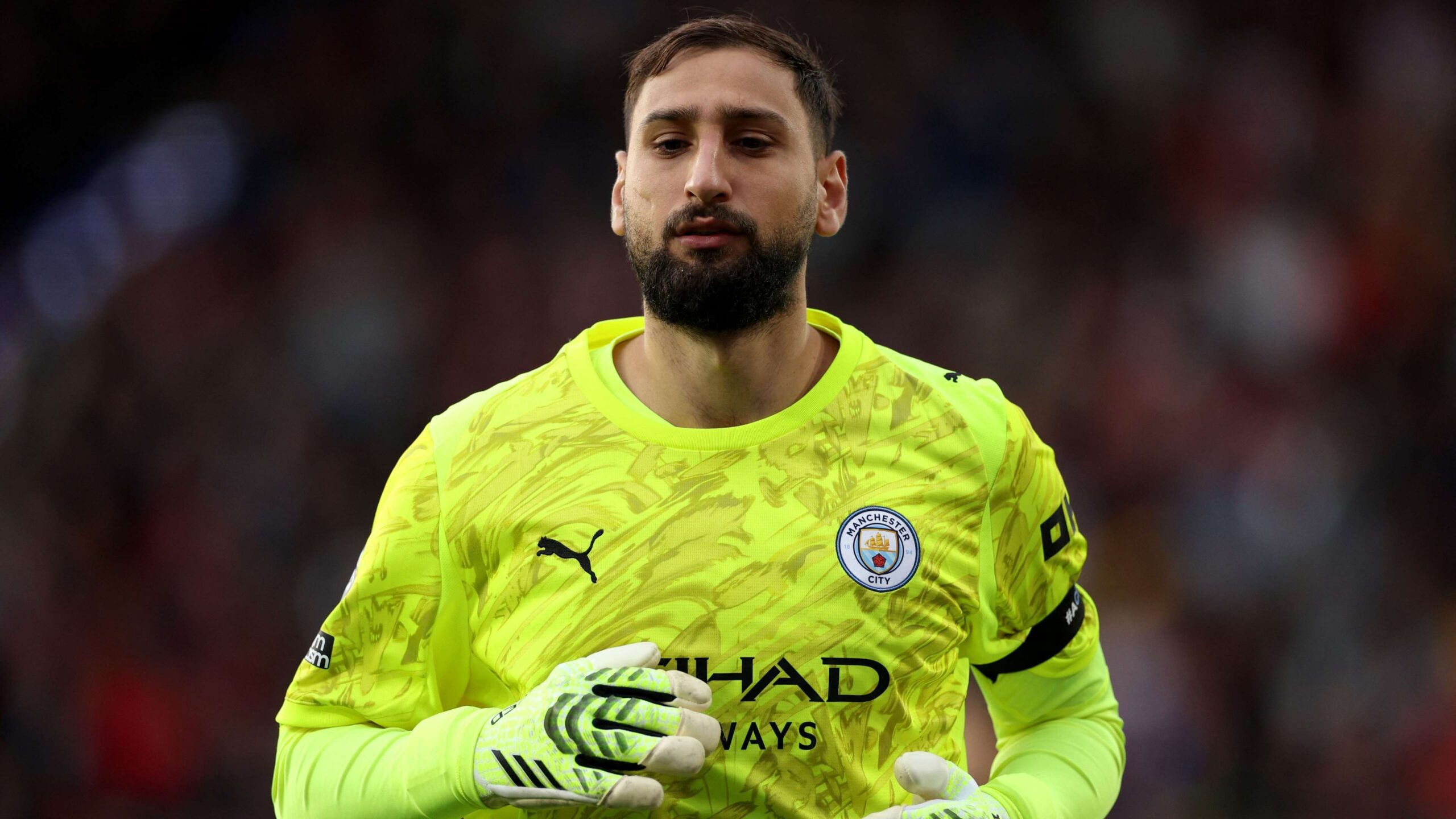Major League Soccer will undergo a significant schedule overhaul beginning in 2027, aligning its calendar more closely with European leagues. The season will kick off in July and extend through May of the following year, a departure from the traditional spring-to-fall schedule that has defined the league since its inception.
The proposed change reflects growing ambitions among club owners to elevate the league’s global profile and operational model. Most stakeholders see the move as a step toward emulating the structure of the English Premier League, which has long been a benchmark for competitive consistency and commercial success. By shifting to a July–May format, MLS hopes to harmonize transfer windows, facilitate international player participation, and create a more familiar rhythm for global fans.
The decision comes after extensive discussions among team owners, executives, and league officials, who weighed the logistical and sporting implications. Supporters argue that the new schedule could enhance television viewership, attract higher-quality international talent, and increase the league’s alignment with global football calendars. It may also allow MLS clubs to participate more effectively in international competitions, such as the CONCACAF Champions League, without clashing with domestic commitments.
However, the shift is not without challenges. Weather considerations, particularly for clubs in colder regions, may require adjustments to stadium infrastructure or scheduling flexibility. Fans accustomed to the current March-to-October rhythm may also need time to adapt. Despite these hurdles, league executives appear confident that the long-term benefits outweigh transitional difficulties.
Read Also: US Launches ‘Southern Spear’ Mission In Latin America
MLS Commissioner and team owners have emphasized that this change is part of a broader strategy to professionalize operations and compete with international leagues both on and off the field. Aligning with European football is seen as a step toward raising the league’s competitive standard, increasing sponsorship opportunities, and integrating MLS more fully into the global football ecosystem.
By 2027, the American soccer landscape could look markedly different: a league operating on a familiar European calendar, a potential increase in high-profile signings, and a closer connection to the international game—all in service of MLS’s long-term growth and ambition.










